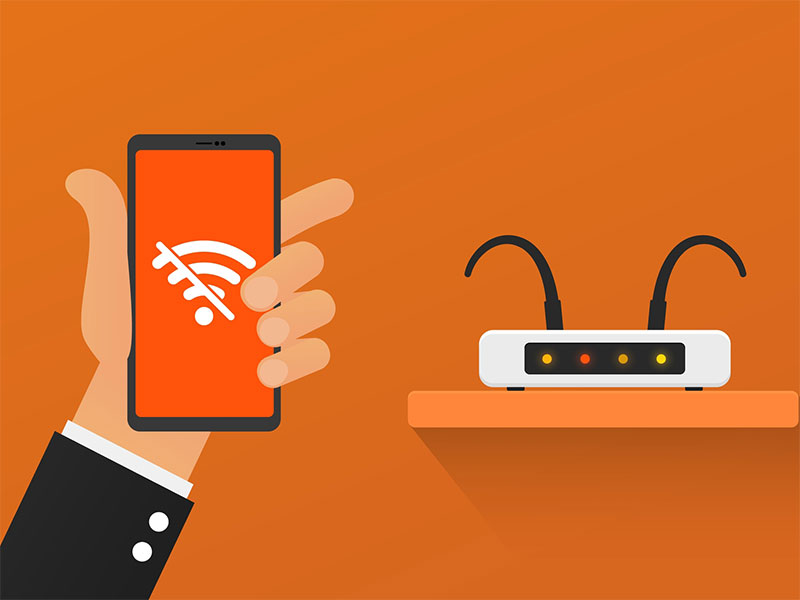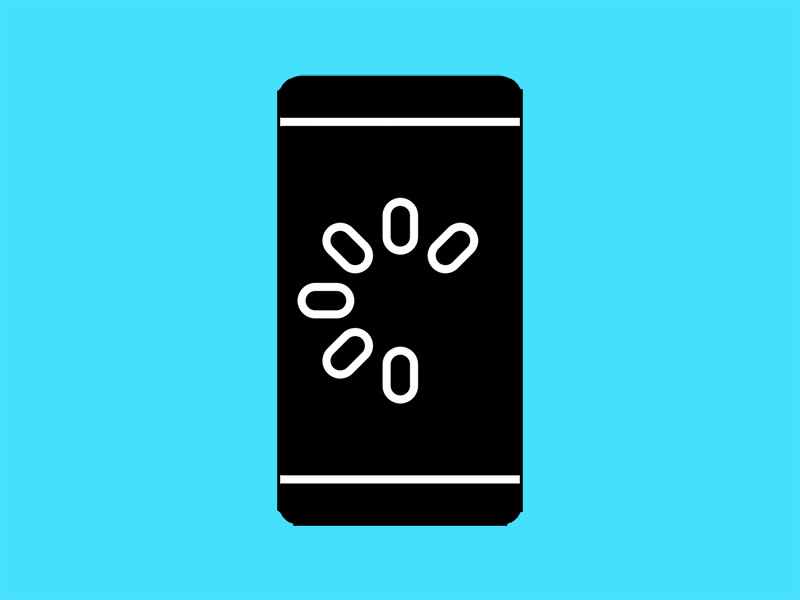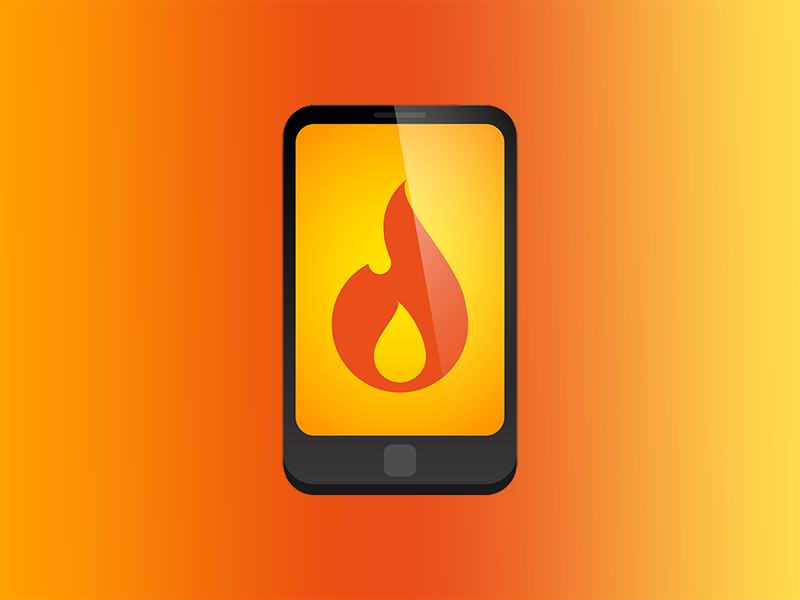Alternative Wireless Carriers Compared
Want to get away from Verizon, AT&T, Sprint or T-Mobile? You might want to check out an alternative wireless carrier, or Mobile Virtual Network Operator (MVNO). These carriers piggyback on major wireless networks and are often touted for their reduced rates – but can you really save money if you switch? Here, we compare some of the top alternative wireless carriers so you can see what they cost, what you get and how they stack up to major carriers.
Top alternative wireless carriers, compared
The average American uses 9.2GB of data per month. As a reference point, it takes roughly 1GB of data to stream one hour of standard video. HD video eats up around 2.5GB per hour. Given that, we compared each carrier based on the minimum plan that would net at least 10GB of data plus unlimited talk and text.
| CARRIER/PLAN | PLAN | MONTHLY COST | NETWORKS |
| Boost Mobile Unlimited Gigs | 12GB (then unlimited at reduced speed) | 1 Line: $50 2 Lines: $80 3 Lines: $110 4 Lines: $140 | Sprint |
| Metro by T-Mobile 10GB High Speed | 40GB | 1 Line: $40 2 Lines: $70 3 Lines: $100 4 Lines: $130 | T-Mobile |
| Straight Talk Unlimited Nationwide | 25GB (then unlimited at 2G speed) | 1 Line: $45 2 Lines: $90 3 Lines: $135 4 Lines: $180 | Verizon, AT&T, Sprint & T-Mobile |
| Cricket Unlimited Cricket Core | Unlimited (limited to a maximum of 3 Mbps) | 1 Line: $55 2 Lines: $80 3 Lines: $90 4 Lines: $100 | AT&T |
| Virgin Mobile Unlimited | 10GB (then unlimited at 2G speed) | 1 Line: $45 2 Lines: $90 3 Lines: $135 4 Lines: $180 | Sprint |
| Consumer Cellular Talk & Connect (build your own plan) | 10GB | 1 Line: $40 2 Lines: $80 3 Lines: $160 4 Lines: $240 | AT&T & T-Mobile |
| Net 10 Wireless 10GB Unlimited | 10GB (then unlimited at 2G speed) | 1 Line: $45 (auto-refill) 2 Lines: $85 3 Lines: $125 4 Lines: $160 | Verizon, AT&T, Sprint & T-Mobile |
| Republic Wireless Unlimited Talk & Text 2GB Data + Additional 8GB Data | 10GB | 1 Line: $65 2 Lines: $130 3 Lines: $195 4 Lines: $260 | Sprint & T-Mobile |
| Xfinity Mobile Unlimited | 20GB (then unlimited at 1.5Mbps speed) | 1 Line: $45 2 Lines: $90 3 Lines: $135 4 Lines: $180 | Verizon |
| Ultra Mobile Unlimited | 32GB (then unlimited at reduced speed) | 1 Line: $46 (3 months prepaid at $138) 2 Lines: $82 (3 months prepaid at $276) 3 Lines: $138 (3 months prepaid at $414) 4 Lines: $184 (3 months prepaid at $552) | T-Mobile |
| Mint Mobile 12GB 3 Month Plan | 12GB (then unlimited at reduced speed) | 1 Line: $25 (3 months prepaid at $75) 2 Lines: $50 (3 months prepaid at $150) 3 Lines: $75 (3 months prepaid at $225) 4 Lines: $100 (3 months prepaid at $300) | T-Mobile |
| H20 Wireless 10GB Plan | 10GB (then unlimited at 2G speed) | 1 Line: $36 2 Lines: $72 3 Lines: $108 4 Lines: $144 | AT&T |
| Google Fi Unlimited | 22GB (then unlimited at reduced speed) | 1 Line: $70 2 Lines: $120 3 Lines: $150 4 Lines: $180 | Sprint, T-Mobile, U.S. Cellular |
| U.S. Cellular Basic | Unlimited (though data may be slowed at peak congestion) | 1 Line: $55 2 Lines: $105 3 Lines: $115 4 Lines: $120 | U.S. Cellular |
Are alternative carriers a better deal?
It depends on your usage and the number of lines you need. For example, Mint Mobile has the best monthly rate for 10GB+ at $25 per month (12GB), while Verizon’s cheapest single line 10GB prepaid plan costs $45 per month (16GB) and their cheapest unlimited plan costs $70.| Looking for more ways to save money? Here’s how to negotiate your cell phone bill |
What about multiple lines? Mint Mobile also has the cheapest 4-line plan we reviewed at $100 per month. However, Verizon’s Start Unlimited plan costs just $40 more at $140, and it offers unlimited data versus Mint’s 12GB. You might consider the additional $40 worth it to get unlimited data, even if it adds up to $480 per year.
In addition, Mint Mobile requires a multiple month upfront commitment. Other alternative carriers offer monthly plans and are still cheaper than Verizon for single lines, but if you need multiple lines you might find Verizon’s Start Unlimited is a better deal. For example, H20 Wireless is just $36 per month for 10GB of data compared to Verizon’s $45 single line prepaid plan and $70 unlimited plan, but it costs $144 for four lines – $4 more than Verizon’s Start Unlimited.
Did you know? Many phones are worth $100+. Find the value of your phone.
| iPhone | Samsung | |
| OnePlus | LG | Motorola |
Similarly, AT&T, Sprint and T-Mobile’s lowest-priced unlimited plans all range between $60 and $65 per month for single lines and around $140 per month for four lines.
This isn’t to say alternative carriers can’t be good deals. In fact, if you don’t need much data you’ll likely save significantly if you switch. For example, Mint Mobile costs just $15 per month for 3GB of data. The major carriers can’t touch that: Verizon’s cheapest plan is $30 for 1GB, AT&T’s is $35 for 1GB and Sprint’s is $40 for 2GB.
However, the reality is most Americans use nearly 10GB of data each month. If your usage aligns with that, you’ll need to decide whether it’s worth metering your data to save a few bucks or you’re better off going with a major carrier’s unlimited plan.
Before you switch
If you decide to switch, be sure to consider the following:
- MVNOs are prepaid, while carrier plans are postpaid (though some carriers do offer prepaid plans)
- MVNOs run on carrier networks, but they can be throttled if traffic gets congested
- Alternative carriers might promote unlimited plans, but there are data limits and you’ll lose speed once you reach your monthly data threshold
- MVNOs often limit data speeds for streaming and other activities; for example, they might limit your video streams to 480p
- Not all phones are compatible with all carriers, so you might not be able to bring your own phone. Or, you might be limited to phones sold by the MVNO
- Unlike major carriers, many MVNOs do not offer phone payment plans. That’s not a big deal if you need a basic phone, but if you want an iPhone with a $1,000 price tag it might give you pause
Alternative carriers can be good options if you only need one line or if you have relatively low data usage. However, if you need multiple lines and your data usage aligns with the national average, it might be best to stick with major carriers.
Related Help
Next: Transfer AppleCare Ownership or Get a Refund (Easy Steps)

 iPhone Won’t Turn On? Here’s Why & How to Fix It
iPhone Won’t Turn On? Here’s Why & How to Fix It  How to Know If Your Phone Has a Virus & How to Remove It
How to Know If Your Phone Has a Virus & How to Remove It  iPhone Won’t Connect to WiFi? Here’s How to Fix It
iPhone Won’t Connect to WiFi? Here’s How to Fix It  Why Your Phone is Slow & How to Speed It Up
Why Your Phone is Slow & How to Speed It Up  What Is a Burner Phone & When Should You Use One?
What Is a Burner Phone & When Should You Use One?  iPhone Water Damage Repair: 3 Options & What They Cost
iPhone Water Damage Repair: 3 Options & What They Cost 

